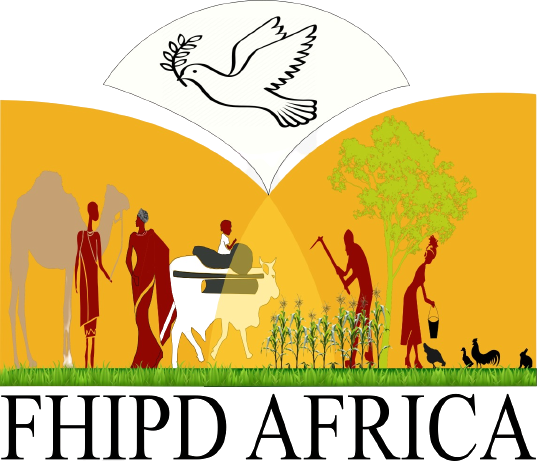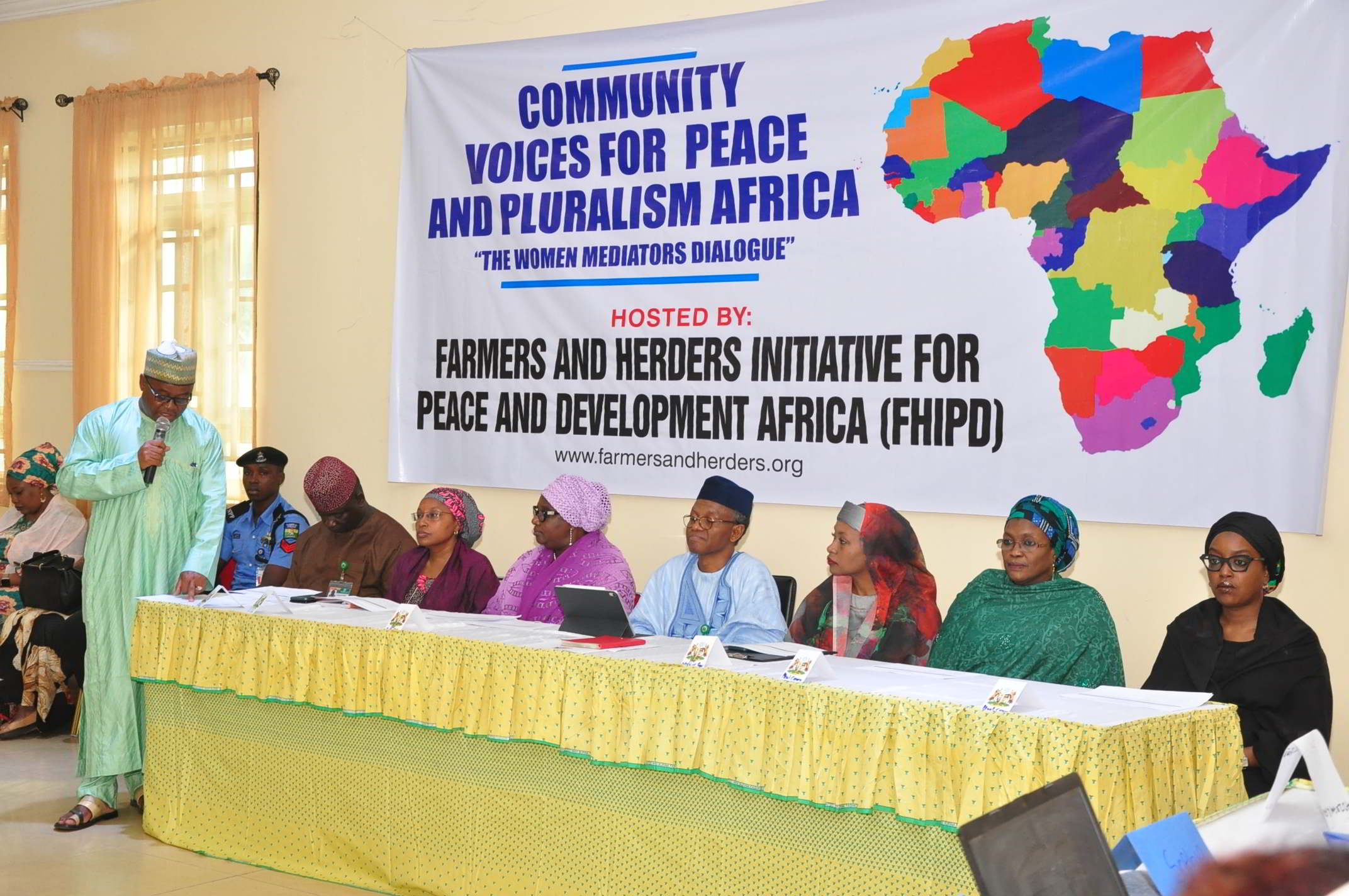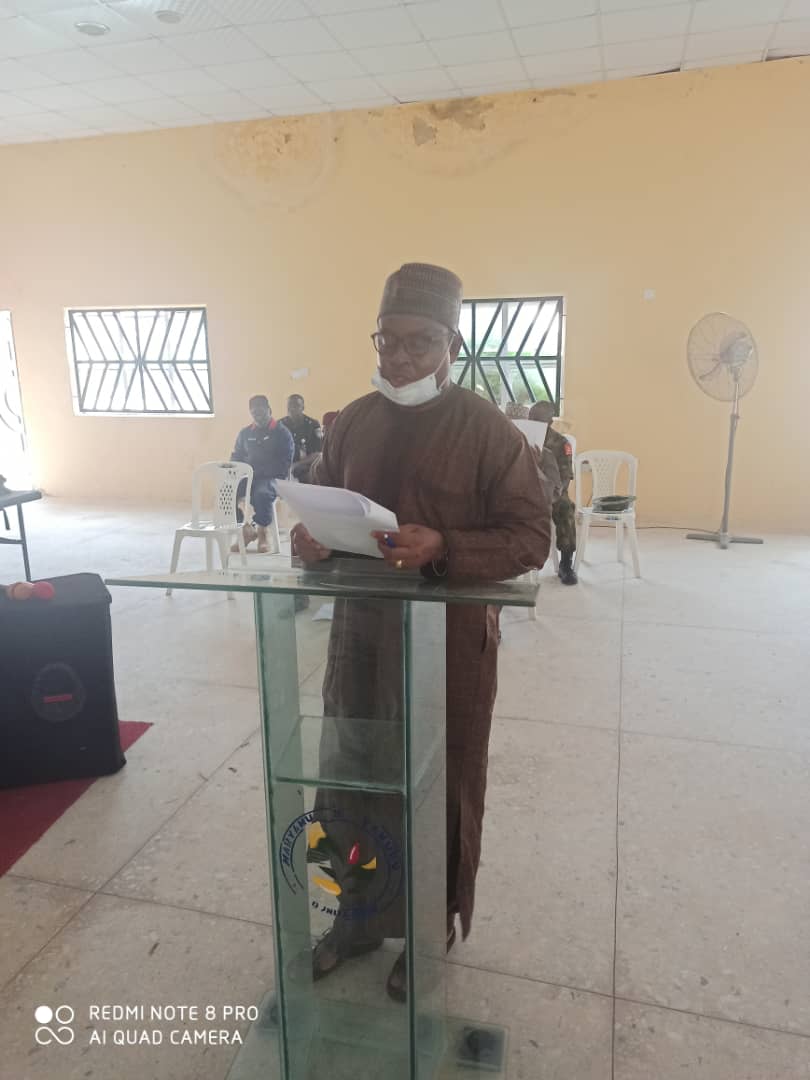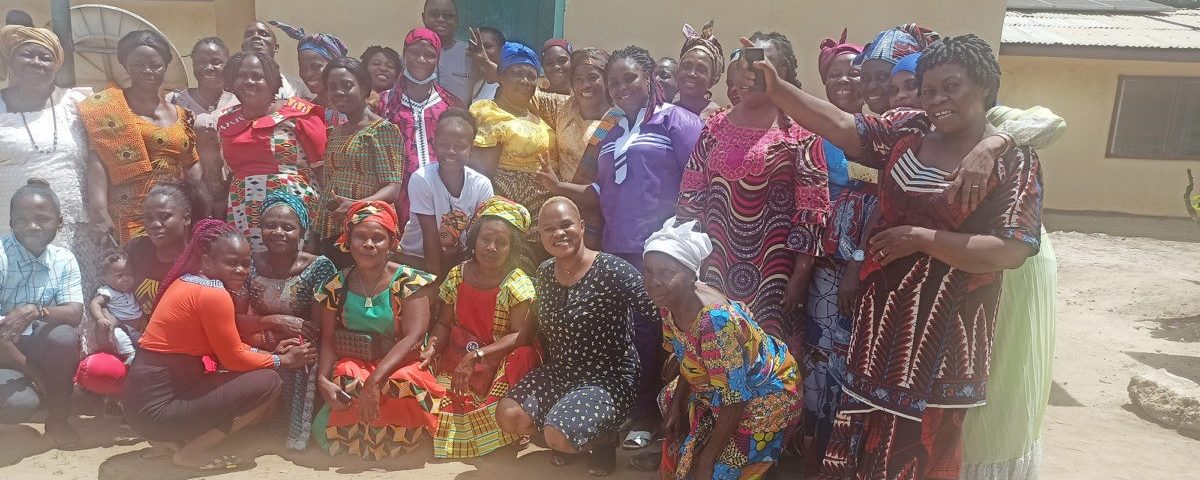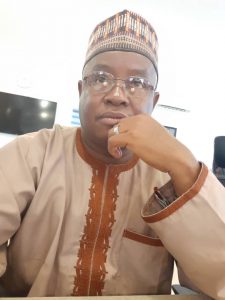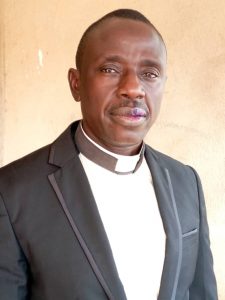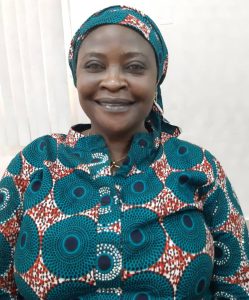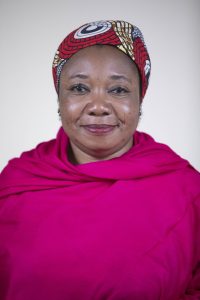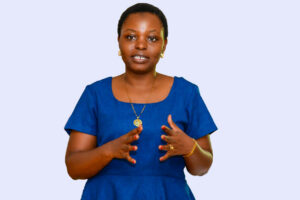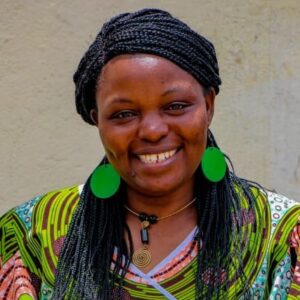In the last couple of years, Nigeria, Africa’s most populous country, has attracted national and international headlines for violence perpetrated by the terrorist group Boko Haram or other criminal elements within the country.
Many of the incidents, particularly those relating to Boko Haram and farmer-herder skirmishes, have religious undertones as thousands of Muslims and Christians have ended up losing their lives in the violence.
A July 2018 report by the International Crisis Group stated that, “In the first half of 2018, more than 1,300 Nigerians died in violence involving herders and farmers. What were once spontaneous attacks have become premeditated scorched-earth campaigns in which marauders often take villages by surprise at night. Now claiming about six times more civilian lives than the Boko Haram insurgency, the conflict poses a grave threat to the country’s stability and unity.”
The high rate of ethno-religious crisis in Nigeria is a source of concern to many Nigerians and friends of Nigeria.
The conflicts have degenerated ever since.
Indeed, the United States Commission on International Religious Freedom in its 2021 annual report listed Nigeria as one of 14 “Countries of Particular Concern” where religious violence is rife.
The high rate of ethno-religious crisis in Nigeria is a source of concern to many Nigerians and friends of Nigeria. And in view of the Nigerian government’s incapacity or failure — at federal, state and community levels — to stop the killings, the challenge for some concerned persons is what or how they could assist to end the cycle of violence.
Meet a change-maker
One man who came up with an idea in this regard is Salim Musa Umar, a member of the Fulani tribe, one of more than 250 ethnic groups that make up Nigeria’s diverse and complex people.

Salim Musa Umar
Umar was born in Plateau State, north central Nigeria, just as his father and grandfather. Growing up there, he was a witness to a peaceful and harmonious co-existence among people of different tribes, languages and cultures in the cosmopolitan state.
But all that changed suddenly in September 2001 when Jos, capital of Plateau State, and surrounding communities got engulfed in inter-religious violence that led to an estimated 1,000 Christians and Muslims losing their lives. Since then, more ethnic/religious violence has erupted in Plateau State. The violence wasn’t restricted to just there. Neighboring states like Kaduna, Taraba and further up to Benue also were caught in the grip of violence.
Umar wasn’t happy about this. Thus, to help reunite people and promote peace among his countrymen and women, particularly farmers and herders, in 2018 he founded an NGO called the Farmers and Herders Initiative for Peace and Development Africa. The organization is governed by a board of trustees made up of men and women, with Umar serving as chairman.
The group’s focus on farmers/herders is borne out of Umar’s experience and knowledge of the subject matter; he is a livestock owner himself who knows the challenges and demands of rearing cattle or sheep at a time climate change has taken a toll on grazing routes, forcing many herdsmen to be on perpetual lookout for alternative green pastures.
Creating dialogue
In recent months, Umar has traveled to the northern Nigerian states of Kaduna, Katsina, Niger, Sokoto and Zamfara to preach peace and conflict resolution. The trips were facilitated by the Office of the Special Adviser to the United Nations on the Prevention of Genocide and the Responsibility to Protect.
During the workshops, interactions with people of all strata were useful as they debated underlying issues stoking conflicts.
“The engagements were fruitful,” he said, “as community members voiced strong concerns on disturbing trends which include ethnic profiling, which is a prelude to genocidal attempts on profiled communities; injustice to pastoralists by security agencies; deep-rooted animosity between farmers and pastoralists as a result of the usual competition for scarce resources …; protection for criminals by community members which exacerbate friction between security agencies and the communities.”
“Community members voiced strong concerns on disturbing trends which include ethnic profiling, which is a prelude to genocidal attempts on profiled communities.”
Other highlighted issues include “kidnappings for ransom by criminals or armed bandits, hostile media bias against pastoralists (which profiles the herder as Muslim and the farmer as Christian) thus increasing tension between the two groups, selective secret killing of Fulani community leaders and their animals by farmers by poisoning water ponds and rivers that serve as drinking points for the animals, (and) willful destruction of farms by pastoralists,” among others.
At the end of the dialogue, Umar, who’s an alumnus of the British Council Interaction Leadership Program, said far-reaching decisions were arrived at including the formation of dialogue teams between farmers and herders to continue discussions.
‘We are going through turbulence’
Speaking on the security situation in his country, Umar admited that the challenges are huge. Nigeria, he said, is “truly going through turbulence” as a result of many security challenges including kidnappings and killings. He noted that while “most of the atrocities are often ascribed to herdsmen … the herders themselves are victims of the security situation.”

Salim Musa Umar leading a training session.
In the midst of these challenges, a major source of concern for him, he said, is the failure or refusal of Nigerians to come together as one to fight the monsters confronting them.
“As it is now, we lack one single unifying factor that binds us together to confront our collective security challenges,” he said. “We have refused to reason together and live above our individual biases, which is making any effort to resolve the lingering crisis very difficult. Ethnic tensions, religious biases and mistrust among Nigerians is rampant because we have failed woefully to see ourselves as Nigerians first before any other consideration. I’m worried because it has the potential of throwing this country into needless conflagration.”
‘Unfounded fears’
As far as he is concerned, “one’s religious beliefs and ethnic identity shouldn’t be a yardstick for measuring one as a Nigerian.”
“The unfounded fear of religious and ethnic domination is fueling this line of thinking,” he explained. “Empirically there is no evidence anywhere to support this bogus claim. It is a weapon often used by the political elites to keep the gullible in perpetual fear of the unknown. The mayor of London is a Muslim voted in by majority Christians in his constituency. No one raises any fear about his religious belief.”
Umar’s role as a peace and conflict expert is not limited to Nigeria. He also recently traveled to Liberia at the invitation of Oxfam International to train women on dialogue and mediation skills in two counties, Sinoe and Grand Gedeh.
He explains how the project came about:
“Liberia is emerging from a violent civil war and is in need of genuine reconciliation to enable the communities to heal their wounds and move on with nation building. We were able to train over 30 women leaders from various backgrounds on the importance of dialogue and mediation in resolving conflicts, signs of conflicts early warning and early response mechanism as well as forming a sustained dialogue team to enable the women to continue with the discussions at their various communities.”
“We were able to train over 30 women leaders from various backgrounds on the importance of dialogue and mediation in resolving conflict.”
This initiative is intended to keep the communities together and enable them to move the process forward, he said.
Part of the initiative’s future plan is to extend its programs to countries including Uganda and South Sudan. Until that happens, Umar and his team are looking to consolidate their work in Nigeria.
“Nigeria is still a work in progress,” he said. “We are like a colossus with clay feet. We have come a long way as a nation, (but the country) requires our collective contributions to move forward,” he said. “We need to live above religious and ethnic sentiments — such primitive thinking — to move our country forward. I would like to see a Nigeria where religion or ethnic background doesn’t count as a yardstick for measuring one, a country where we are defined by the contents of our patriotism and character, a Nigeria where equal opportunity is availed to everyone to reach his full potential and fulfil his destiny without any encumbrances.”
To achieve that, “we must begin at our areas or spheres of influence to do the right thing at all times for the sake of our country,” he advised.
Anthony Akaeze is a Nigerian-born freelance writer who now lives in Houston. He covers Africa for BNG.
Adopted from – https://baptistnews.com/article/in-nigeria-this-man-is-on-a-mission-to-promote-peace/?fbclid=IwAR1pEZSrKwAvqGk4c3E6S_jAXG-YXdTiJUrWrRQP7aVD-3iGCbAqGXRG2NA#.YMdzzKgza01
